
Green Conflict Minerals
The fuels of conflict in the transition to a low-carbon economy
Read or listen offline
Amazon KindleRecommendation
The clean energy transition will boost demand for the materials that make green energy technologies possible. Yet, as a report by Clare Church and Alec Crawford of the International Institute for Sustainable Development highlights, not all countries blessed with abundant mineral reserves stand to benefit from the impending mining boom. An interactive map illustrates the uneven distribution of crucial green energy minerals across the Earth’s surface and shows how high mineral abundance often coincides with high levels of political instability and poverty. Consumers, business leaders and supply chain specialists will learn how they can ensure that the transition to a low-carbon world won’t create new losers.
Summary
About the Authors
Clare Church is a research officer and Alec Crawford is a senior researcher at the International Institute for Sustainable Development, an independent think tank with offices in Canada, Switzerland and the United States.








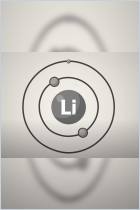
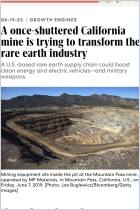
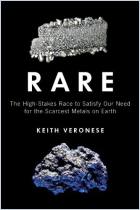
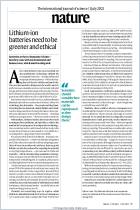
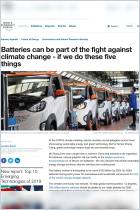

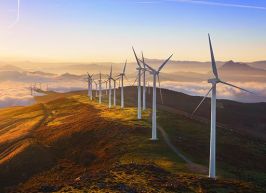




Comment on this summary or Comenzar discusión